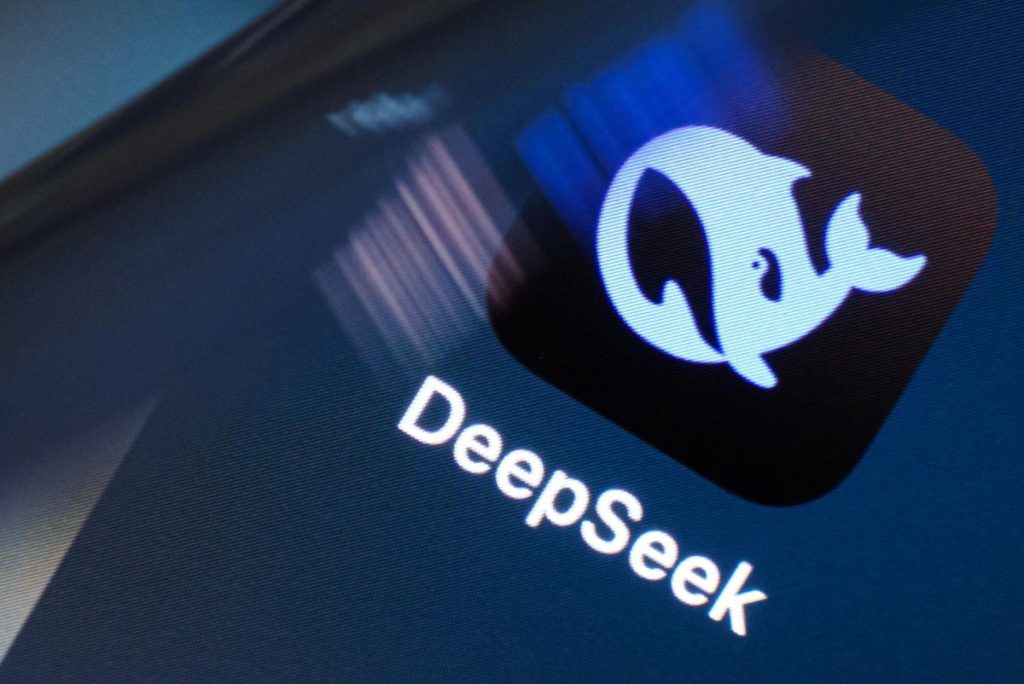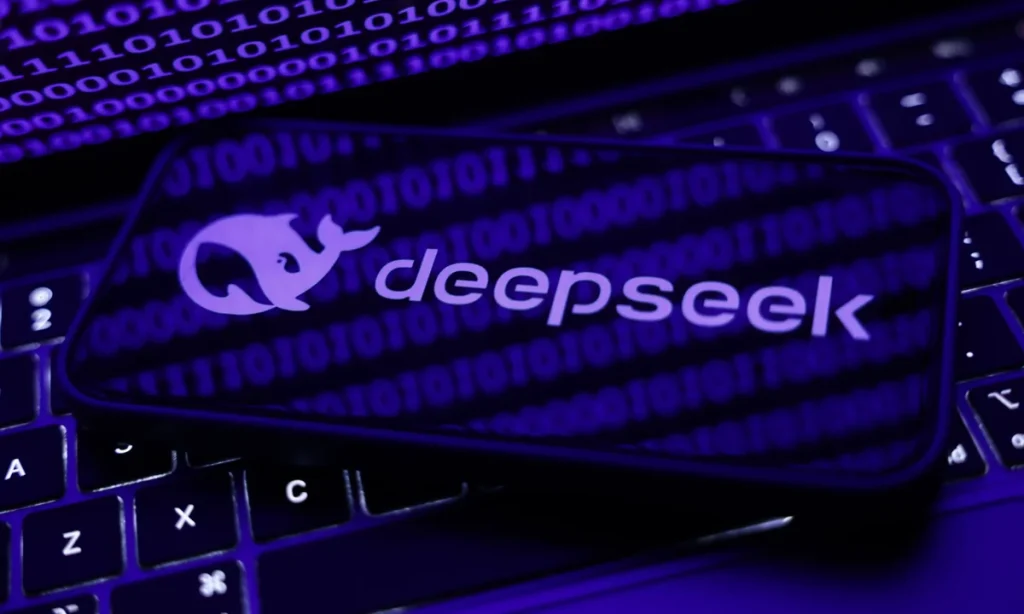Microsoft has formally forbidden its employees from using the DeepSeek tool, citing substantial concerns about data privacy and the potential influence of the Chinese government. Microsoft’s Vice Chairman and President, Brad Smith, made the news during a recent U.S. Senate session, marking the first public confirmation of the internal ban.
Data Security and China Influence Drive Microsoft’s DeepSeek Ban
During his testimony, Smith stated that “at Microsoft, we don’t allow our employees to use the DeepSeek app,” explicitly referring to both the desktop and mobile versions of the service. He further confirmed that Microsoft has refrained from making DeepSeek available in its own app store due to these same underlying concerns.

Smith emphasised the main reason for this limitation, underlining the risk of user data from the DeepSeek app being held on servers in China. According to Smith, material stored on Chinese territory may be accessible to Chinese intelligence authorities under local law.
The privacy policy of DeepSeek itself acknowledges that all user data is stored on servers within China, which are subject to the country’s national security regulations. Adding to the concerns, the DeepSeek app reportedly implements significant censorship on topics deemed politically sensitive by the Chinese government.
Internal Ban Contrasts with Azure Offering of DeepSeek Model
Interestingly, this approach contrasts with Microsoft’s previous decision to offer DeepSeek’s R1 model through its Azure cloud platform, which came after the model achieved significant popularity.
Smith did not address the apparent contradiction at the Senate hearing. Microsoft claims that delivering the model through Azure is unique since clients may host the model on their own servers, avoiding a direct transfer of data to DeepSeek’s infrastructure in China. Even in this circumstance, there are concerns that the model may generate biased information or insecure code.
Smith mentioned that Microsoft had even taken steps to modify the DeepSeek model on Azure to remove “harmful side effects,” though specific technical details of these alterations were not provided.
This move by Microsoft highlights the rising tensions between Western technology companies and Chinese AI services, especially as concerns about surveillance, misinformation dissemination, and geopolitical influence wielded through digital platforms grow.

While Microsoft has taken a strong position against the DeepSeek app for internal use, it has not imposed a blanket ban on chatbot competitors.
The public disclosure of DeepSeek’s internal ban is a significant and rather unusual public move by Microsoft as the broader tech industry navigates the increasingly difficult terrain of AI tools with foreign affiliations.
The company’s actions show the fine line that internet companies must walk between exploiting groundbreaking AI technologies and protecting data privacy and security in an increasingly interconnected and politically volatile digital environment. The scrutiny of AI models linked to countries with differing legal and political systems is likely to continue as technology advances and its influence grows.
Conclusion
Microsoft’s prohibition of DeepSeek app usage by its employees underscores the growing apprehension within Western tech firms regarding the security and potential influence associated with Chinese AI technologies. The core concerns revolve around data privacy due to server locations in China and the possibility of state-sponsored censorship.
This move, while not extending to all competitors, highlights the delicate balancing act companies face when integrating advanced AI while navigating geopolitical complexities and data security imperatives in the rapidly evolving digital landscape. The long-term implications for cross-border AI collaboration and competition remain to be seen.